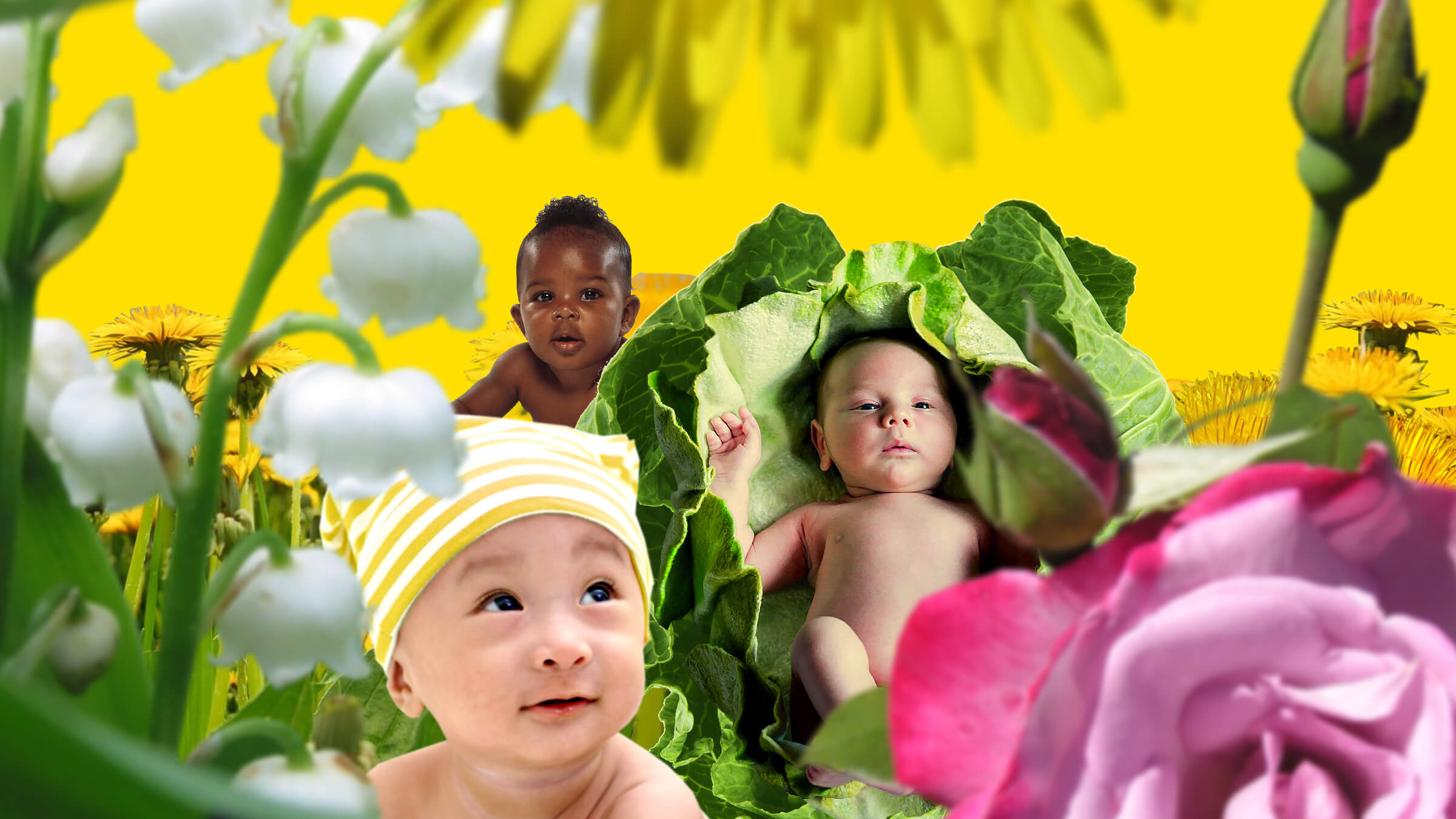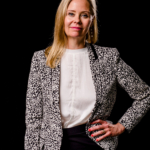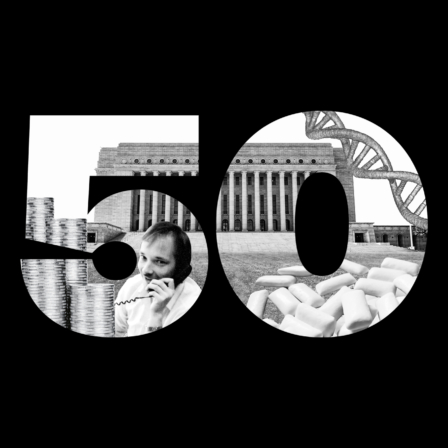Parliament made the courageous decision to celebrate the anniversary at a difficult time. The idea behind Sitra was unprecedented: an independent fund sustaining itself from the yield on its principal, with the task of providing Finns with a better future.
“As an independent entity focused on the future, Sitra is not the errand boy of any interest group or political party, but if we must identify someone who gives us orders, it would be a child born today,” says Sitra President Mikko Kosonen. The work must be done so well that children will have the prerequisites for a good life at the point when they reach adulthood and make their own decisions. Sustained well-being is the guiding star of Sitra’s new vision as well.
In 1967, the situation in Finland was difficult in many ways, but the country came out of it by thinking big and working together. In 2017, the situation in Finland is different, but it is not easy today, either. The cures are nevertheless the same: we need to think big, make daring experiments and work together.
“Climate change is a momentous issue for Finns as well as everyone else. We need to find solutions to it very quickly, and with these solutions Finland can be a forerunner,” Mikko Kosonen says. “Unless we adapt to the carrying capacity of the earth, all other talk of the future is mere tinkering,” he adds.
Linking environmental questions to the social and economic point of view has been on Sitra’s agenda to some degree throughout the existence of the fund – from as early as the 1960s. Today, on environmental questions, Sitra speaks on behalf of a carbon-neutral circular economy: the economy needs to be made to operate in an ecologically sustainable manner in order to bring the overconsumption of natural resources under control. This is a prerequisite for socially sustainable well-being. There are many ways to achieve this, but everyone needs to join the effort.
Also important for a functioning society is the capacity for renewal. Over the decades Sitra has been at the forefront in in the background in many changes, bringing capital investment to Finland in the 1980s, launching genetic research and, in the most recent years, starting a citizen’s service path (KaPa) operating as part of the new Suomi.fi services. At present, Sitra is preparing a new one-stop-shop operator that will collect and co-ordinate well-being data, which is set to become a new national treasure for the Finns.
“Renewal starts with us, people. Even though the megatrends shaping the world extend all the way to Finland, the future is still largely in our own hands – if that is what we decide,” says Kosonen. This is also the idea behind the “Seven Siblings from the Future” exhibition that was opened in November by Sitra and the Finnish Science Centre Heureka.
The coming generations will also be in the hearts of decision-makers in Parliament on 5 December 2017. As Finland celebrates its centenary it will again be time for decisions to mark the anniversary, as was the case when Sitra was established 50 years ago. This time, the target is the approval of upgraded by-laws for the Finnish National Fund for Children (ITLA) and the donation of a stock portfolio worth 50 million euros to boost and diversify the activities of the Fund. The tasks of the new ITLA are to support children and families living in Finland.
Sitra warmly welcomes ITLA as it joins the ranks of future makers.






Recommended
Have some more.